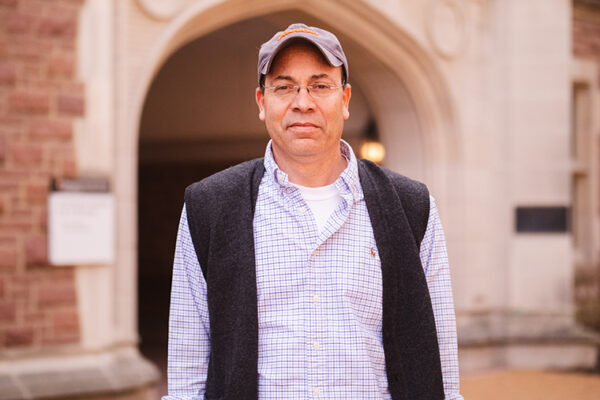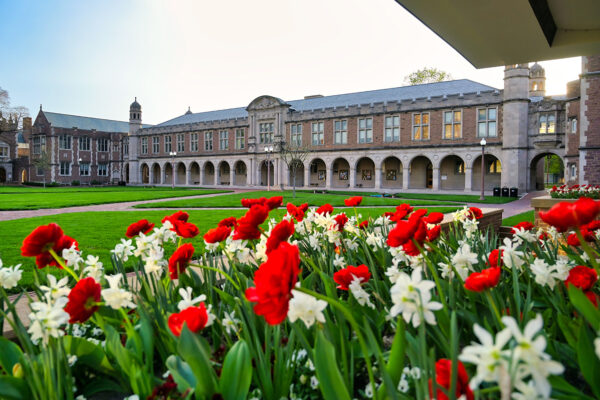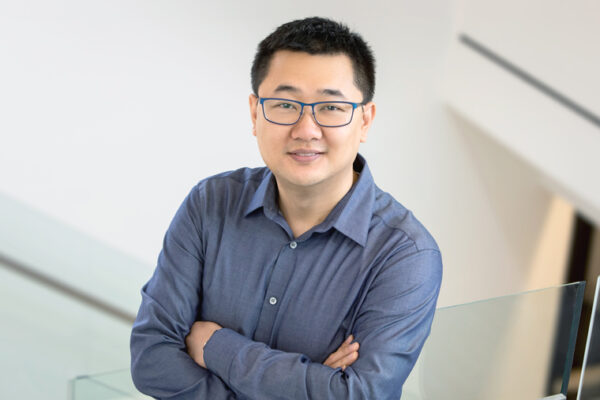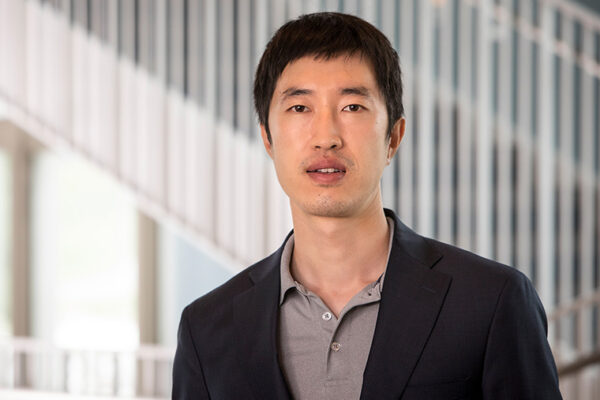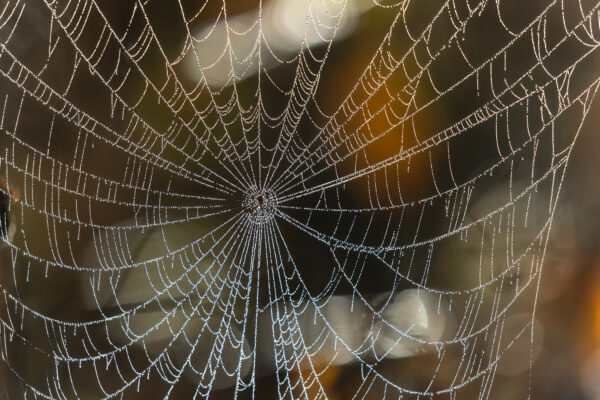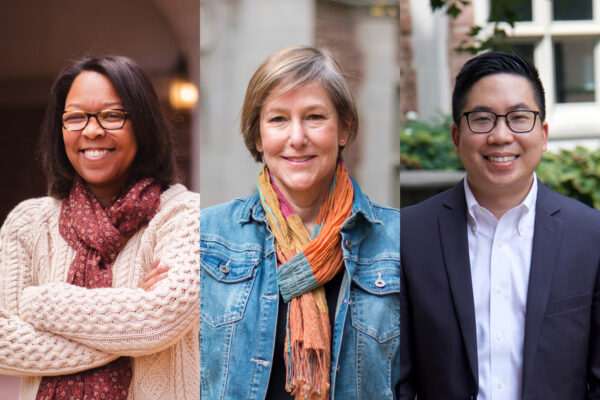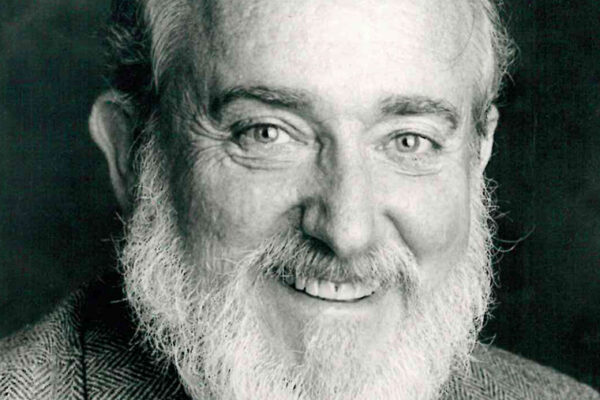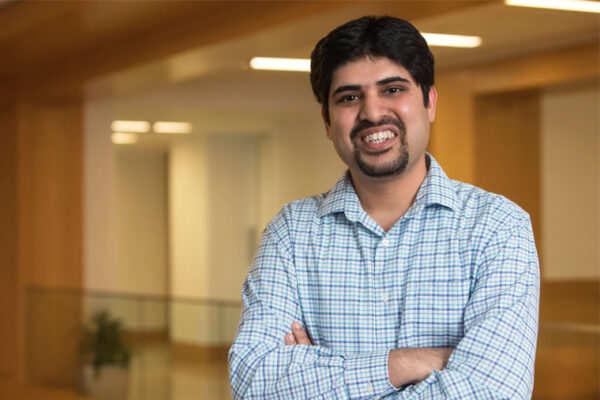Dobbins named Society of Experimental Psychologists fellow
Ian Dobbins, a professor of psychological and brain sciences in Arts & Sciences, has been named a 2023 fellow of the Society of Experimental Psychologists.
SOS collection drive underway
The Share Our Stuff collection drive is getting underway at WashU, helping to keep items out of landfills as students move out.
Zhang wins CAREER award to address cyber-physical security threats
Ning Zhang, an assistant professor of computer science and engineering at the McKelvey School of Engineering, received a National Science Foundation CAREER award to address threats to the availability of cyber-physical systems, like the systems behind self-driving cars or energy production pipelines.
Bae pushes past the limits of traditional semiconductors
Sang-Hoon Bae, an assistant professor of mechanical engineering and materials science at the McKelvey School of Engineering, won an award from Samsung’s Global Research Outreach Program to explore next-generation semiconductor materials and fabrication.
Securing edge-enabled cyber-physical systems
Ning Zhang, an assistant professor of computer science and engineering at the McKelvey School of Engineering, won a three-year $180,000 award from Intel to support work to assure availability of the Intel Trusted Edge Platform.
University debuts electric shuttles
Washington University has acquired three electric shuttles as part of its Danforth Campus fleet. The shuttles will be on display at the Earth Day Festival in Forest Park April 22-23.
Synthetic biology meets fashion in engineered silk
Fuzhong Zhang, at the McKelvey School of Engineering, developed a method to create synthetic spider silk at high yields while retaining strength and toughness using mussel foot proteins.
Faculty recognized by psychological association
Denise Head and Lori Markson, professors, and Calvin Lai, an associate professor, all in Arts & Sciences, have been recognized for their achievements by the Association for Psychological Science.
Richard W. Coles, former director of Tyson Research Center, 83
Richard W. (Dick) Coles, who served as the inaugural director of Tyson Research Center and also as an adjunct professor of biology for more than 25 years, died in December in Colorado. He was 83. A celebration of life for Coles is planned for 1 p.m. April 29 at Tyson Research Center in Eureka, Mo.
Distinguishing real from fake in the age of synthetic images
Abhinav Jha, an assistant professor at the McKelvey School of Engineering and the School of Medicine, and his collaborators developed and evaluated two methods to quantitatively determine the realism of synthetic, or computer-generated, medical images.
Older Stories
